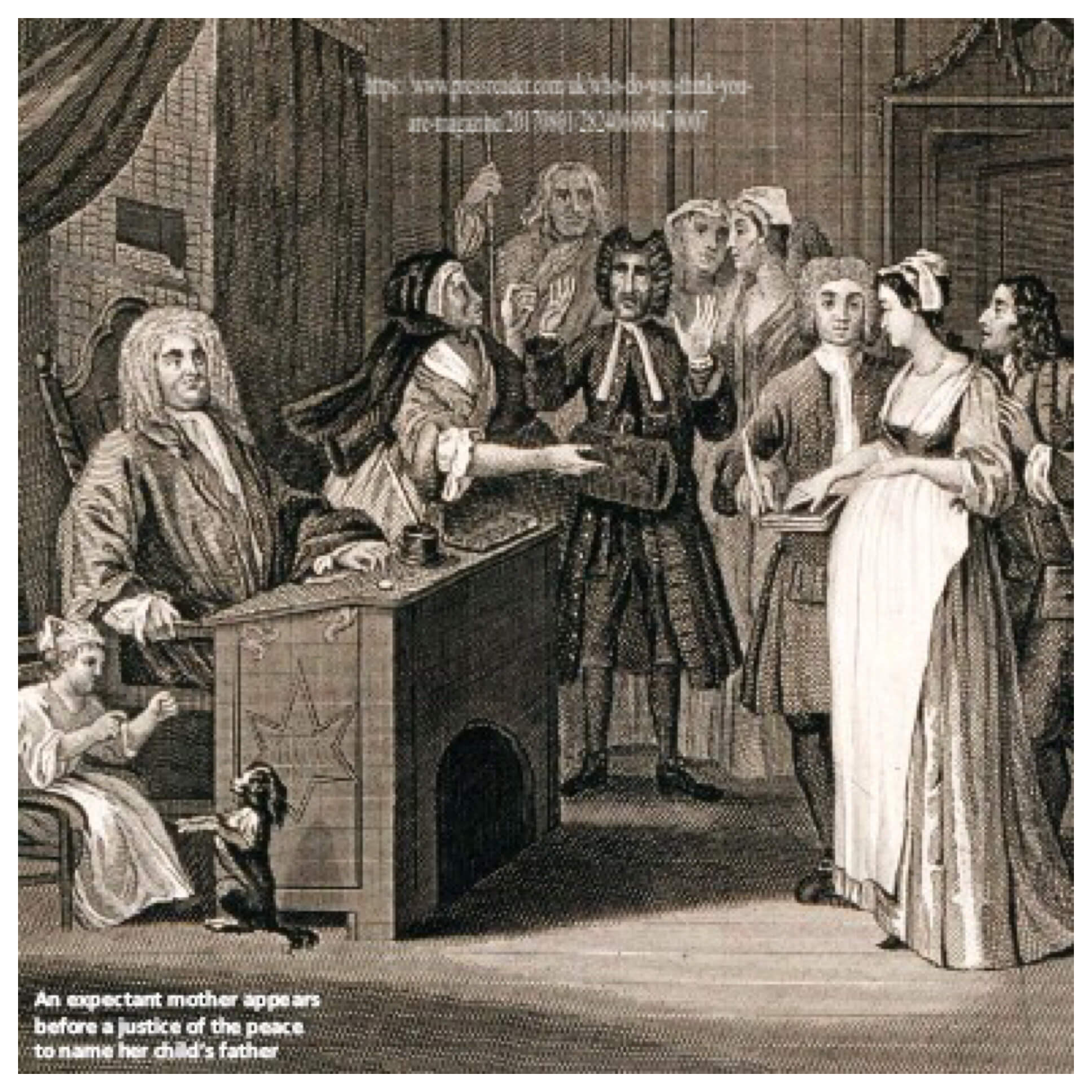One thing that is almost certain, while doing your genealogy you are bound to find some skeletons that have been hidden away. One that seems to be very common is illegitimate children. What do you do when you do not know the child's father's name? How can you trace such a seemingly dead end? It can seem daunting but it isn’t always hopeless. For the purpose of this blog we will focus on an article I was recently reading from The Genealogist about different records that can be used for helping trace any illegitimate ancestors that pop up in England. Of course this doesn’t help everyone but it can give you clues to use in the areas your families are from.
You are bound to find some skeletons.
When dealing with finding records for illegitimate children, at least in England, I would suggest parish records, because sometimes, though not frequently, clergy made notes in margins. Yet, an important piece of information is when there was an illegitimate child before 1834 the parish was responsible if the father was unknown. So they were eager to find out who the father was and they had different ways to do that.
Bastardy Examinations
Bastardy examinations were when the mother either went willingly or was forced to name the father of the child in question. They would ask for the name and the back story. After this, the church wardens could go look for the father to get maintenance from him.
The next step was after the father was found he was encouraged to marry the mother. If he wouldn’t or couldn’t then he would agree to a weekly maintenance or a lump sum of money having admitted to being the father of the child. The records from these encounters are called bastardy bonds. Why? Because there was usually a person who had to co-sign as a guarantor of the arrangement, who would be held liable if the father stopped paying or ran off.
Now, if a man denied he was the father and would not sign a bond the parish could go to the local magistrate to apply for a bastardy warrant. With this the local constables can pick up the father to go before the magistrate. Sometimes court wasn’t for a long time and if the father could not assure the magistrate he would come back for his court date, he would have to stay in jail until court.
The magistrate would then make a bastardy order of how much was to be paid and how often.
Finally, if a man wanted to not pay the maintenance he was ordered to pay he could prove he was not the father. But that was very hard to do and came at the expense of paying for the trial if he lost. The magistrate would then make a bastardy order of how much was to be paid and how often.
In the end, if you go hunting through these different kinds of records you will need to use the mother's name and if you happen to know the father's name to find the records. The children’s names were very seldom used in the court records. Parish records are such a wealth of knowledge and can offer so much information if you know what you are looking for.
Source
https://www.thegenealogist.co.uk/featuredarticles/2019/tracing-illegitimate-ancestors-online-1127/


